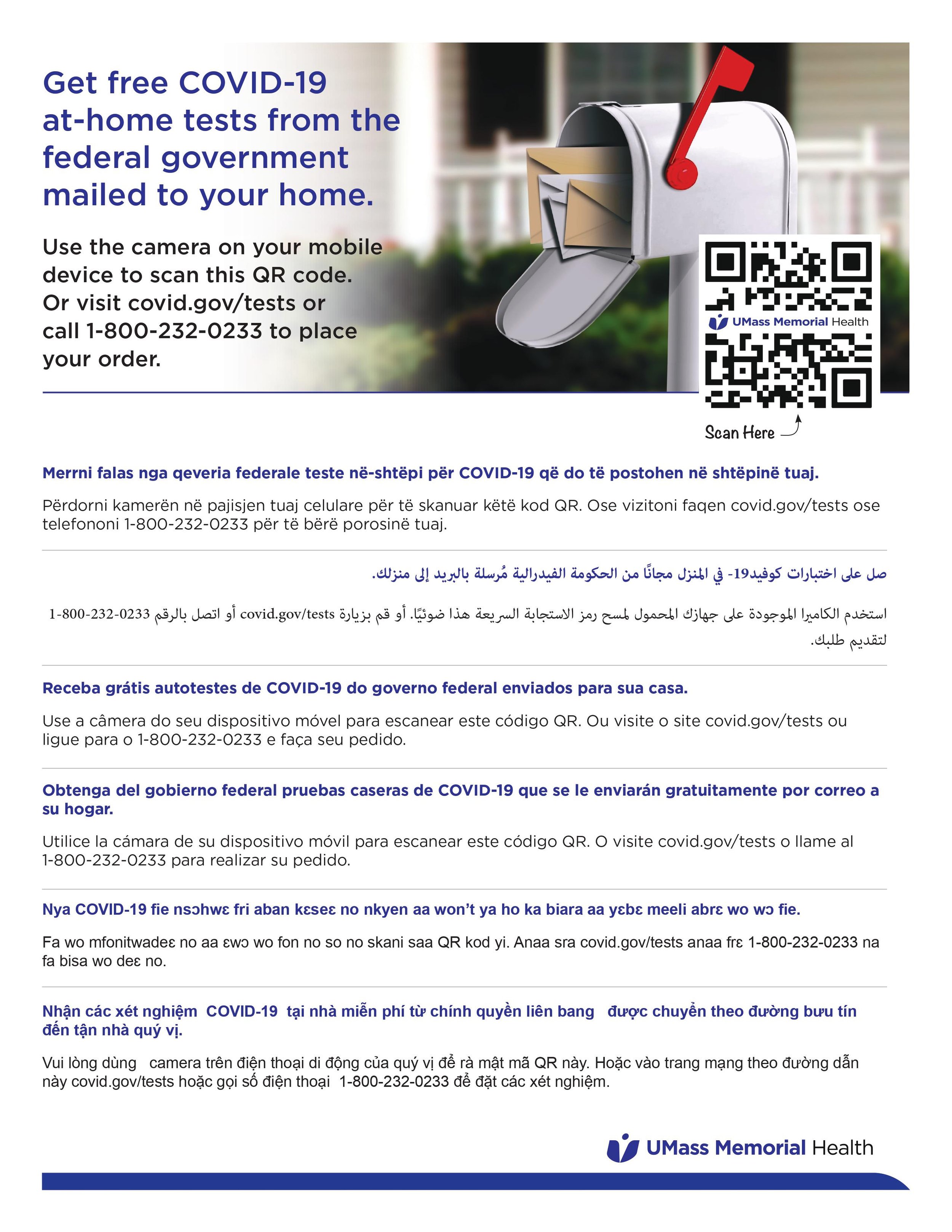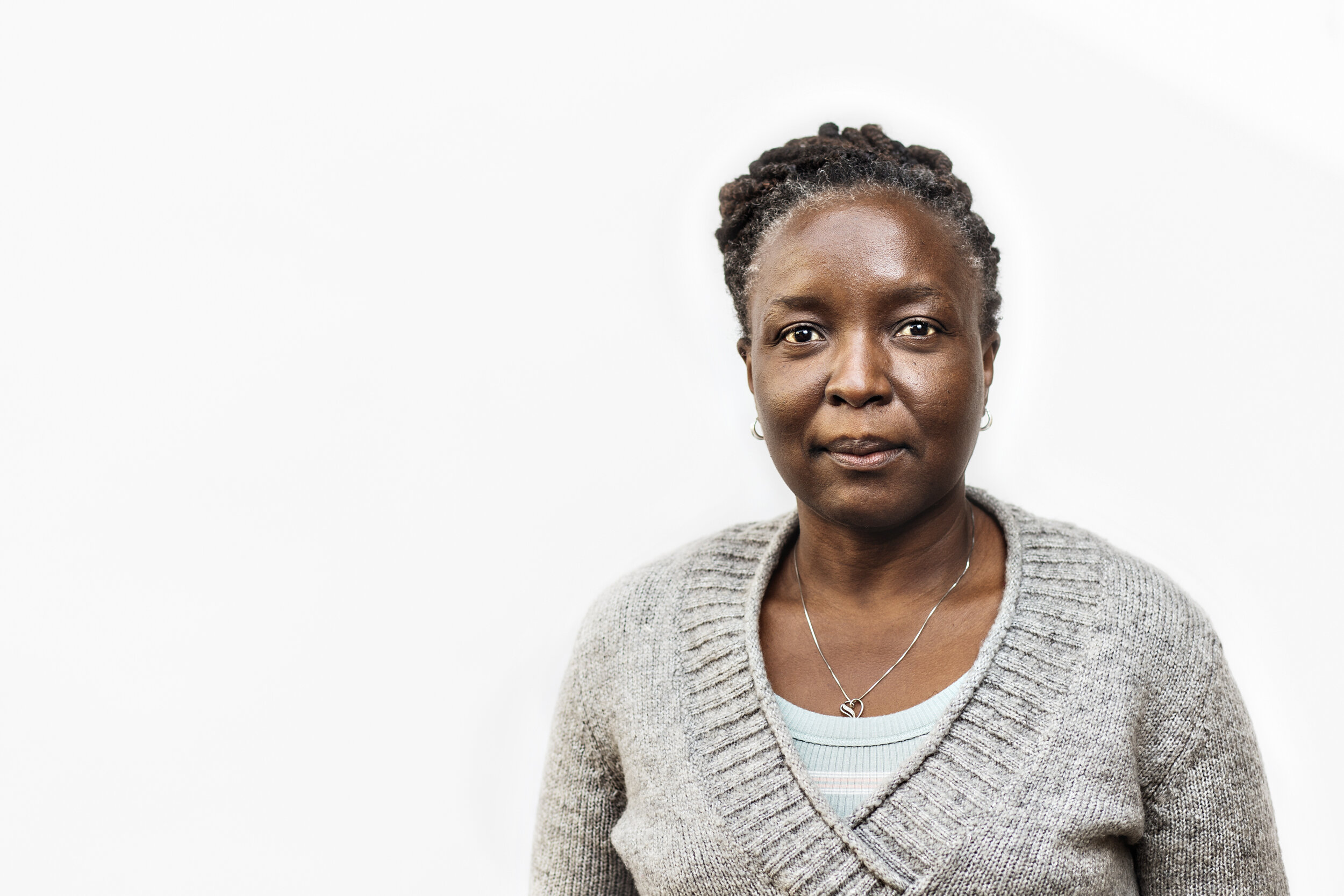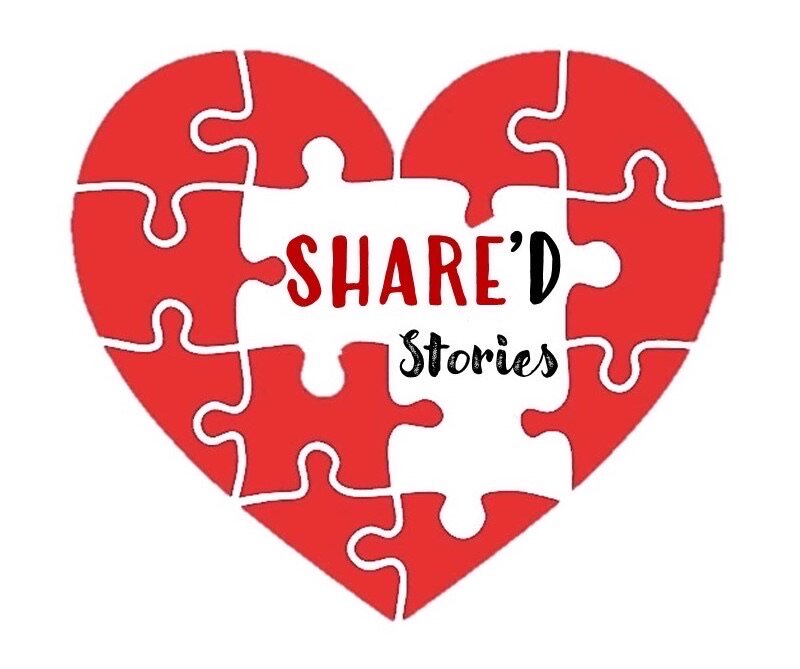Update 9/24/21 — Please note this follow-up post about negotiations. You can also find on the SHARE website the full roundup of posts about the Covid Vaccine & Mandate.
A group of SHARE Executive Board members and Organizers met with UMass Memorial Labor Relations (HR) on Friday afternoon for our first formal negotiations about the COVID-19 vaccine mandate. We covered a lot of ground, mostly to understand management’s position and to explain SHARE’s interests to hospital leadership. These discussions will continue, as we try to come to an agreement about how the proposed vaccine mandate will affect SHARE members.
SHARE has made its position clear:
We want to keep SHARE members, co-workers, and patients safe from COVID.
We don’t want anyone to lose their job.
It’s not yet clear how much the new federal announcement about vaccine mandates will need to change our discussions.
Most SHARE members have already received the COVID vaccine – we think the number is between 75-80%. (We have asked management to provide us with that data.) Some of those SHARE members support a vaccine mandate for everyone. Some of those SHARE members got vaccinated, but don’t support making it mandatory. Other SHARE members don’t (or don’t yet) want to get vaccine and don’t think that the hospital should be able to require it to work here. Our union is trying find a solution that keeps people safe and prevents people from losing their jobs – but it is not easy to balance all the different points of view.
Management described that the hospital has gotten many calls from patients saying that they won’t come to UMass Memorial if their caregiver has not been vaccinated. This is part of what is driving them to push for a vaccine mandate.
Exemptions
The SHARE team urged the hospital to get the applications out for employees who want to apply for an exemption from the vaccine mandate.
Testing and Masking as an Alternative to the Vaccine?
The SHARE team’s position is that we are trying to find an alternative to the vaccine for SHARE members who really don’t want it, so that no one loses their job over this.
What about the new Executive Order requiring hospitals to mandate the vaccine?
President Biden issued an executive order last Thursday which says that hospitals who get money from Medicaid and Medicare, as UMass Memorial does, must have COVID vaccine mandate of some kind for employees. (We are waiting to hear more detailed guidelines about this. This is different from the requirement for all employers with more than 100 employees that they must have a vaccine mandate but can have a frequent COVID testing alternative.) We are not going to see the specific rules from the federal government until next month. It is possible that there will be no testing alternative allowed in the required mandates. (The mandate for federal employees used to include a testing alternative, but that is now being eliminated by executive order.)
The Staffing Crisis
The SHARE team raised the issue of a vaccine mandate causing employees to leave because they do not want to be vaccinated against COVID. So many areas are already short-staffed, and people are exhausted. SHARE members are afraid that more than a few co-workers will leave and they will have to work even shorter.
Work from Home Exemption from the Vaccine?
Some SHARE members who work from home have suggested an exemption from the mandate. We described to management that since they don’t come into physical contact with co-workers or patients, they cannot spread the disease to patients.
Next Steps
SHARE and UMass Memorial will continue to negotiate, and we will keep you posted.
More Time
The current vaccine deadline is coming quickly – November 1st to get the first shot. Some SHARE members need more time to get answers to their questions and make this decision. We urge the hospital to slow this process down enough to make it go as well as possible.
Questions and Answers
SHARE leaders hear lots of questions and concerns about how well the vaccines work and how safe they are from some SHARE members. The SHARE team asked for a process for SHARE members to be heard about their concerns, as well as a way for the hospital to answer members’ questions.
If you want ask questions, or hear the hospital’s point of view for yourself, tune into the System Town Hall Meeting on September 15 at 12:15 pm. Check out the Hub for more details.
This Is Difficult, but Let’s Treat Each Other with Kindness and Respect
Lots of people are tired, and everyone is frustrated that COVID is still here and getting worse again. We have more disagreement among SHARE members on this topic than on most. Building the strength of the union, and of our SHARE community, means being able to talk through difficult subjects – we can disagree about ideas, but be respectful to each other as people. COVID has really showed us how connected we are to each other.

























